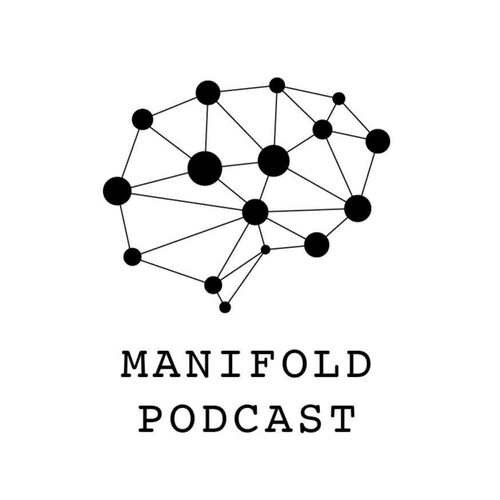
 Manifold
Manifold Dan Collins: Tariffs and the Future of US Manufacturing — #85
121 snips
May 8, 2025 Dan Collins, Founder of Tyrell Chemical, offers a wealth of insights drawn from two decades of experience with companies like GM in China. He discusses the implications of tariffs on U.S. manufacturing, the challenges of reindustrialization, and the chaotic state of global supply chains. Delving into the U.S.-China trade relationship, he highlights the competitive dynamics in the automotive sector and the semiconductor industry. Collins also critiques China's educational transformation and the future strategies necessary for revitalizing U.S. manufacturing.
AI Snips
Chapters
Transcript
Episode notes
Deindustrialization in Michigan
- Dan Collins witnessed 30 years of deindustrialization in Michigan firsthand.
- He saw factories close and friends lose decent jobs while executives ignored the consequences.
Tsinghua University Experience
- Dan Collins initially planned a semester at Tsinghua University but stayed 20 years.
- He experienced China's nascent economic boom and cultural curiosity towards foreigners.
China's Rapid Ascent
- China experienced the fastest societal ascent in history through education and economic reform.
- Generations advanced from steelworkers to engineers, rapidly raising the human capital index.
